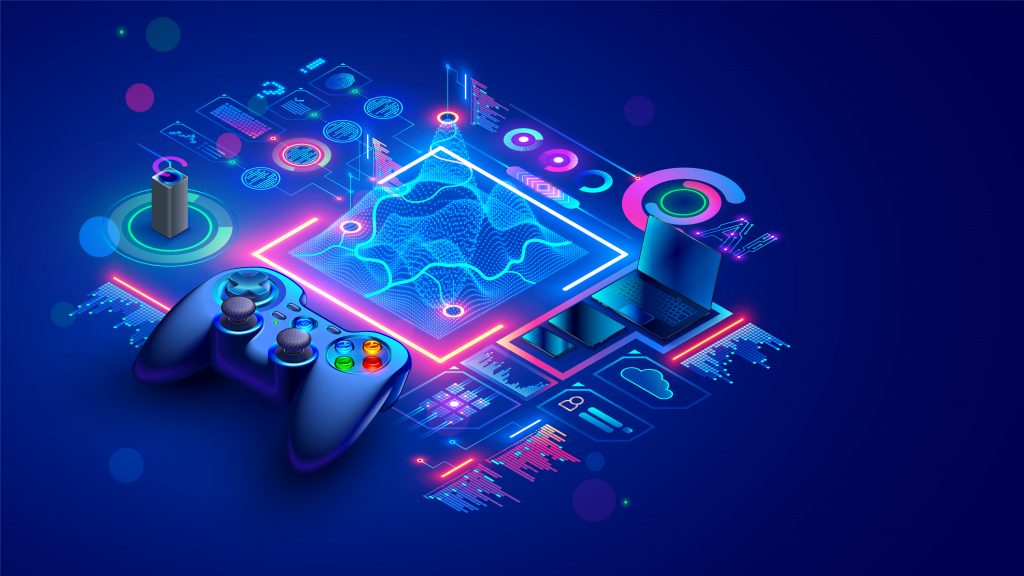
The Rise of Artificial Intelligence
Artificial Intelligence (AI) has emerged as one of the most transformative forces in technology today. From virtual assistants like Siri and Alexa to advanced machine learning models that can predict consumer behavior, AI is reshaping industries. In healthcare, AI algorithms analyze patient data to assist in diagnostics and treatment plans, significantly improving outcomes. Retailers utilize AI-driven analytics to optimize inventory and personalize customer experiences, creating a more tailored shopping journey. As AI continues to evolve, its ability to automate tasks and provide insights is becoming indispensable, marking a significant shift in how businesses operate.
The Evolution of 5G Technology
The rollout of 5G technology is revolutionizing connectivity, offering unprecedented speeds and reduced latency. This new generation of wireless technology enables seamless streaming, faster downloads, and improved performance for mobile devices. Beyond consumer applications, 5G is a game changer for industries such as automotive, where it facilitates real-time communication between vehicles and infrastructure, paving the way for autonomous driving. Additionally, smart cities are leveraging 5G networks to enhance public services and improve the quality of life for residents. As more devices become interconnected, the impact of 5G will only continue to grow, driving innovation across multiple sectors.
The Surge of Remote Work Technologies
The COVID-19 pandemic accelerated the adoption of remote work, leading to a surge in technologies designed to support virtual collaboration. Tools like Zoom, Microsoft Teams, and Slack have become staples in the workplace, allowing teams to communicate and collaborate effectively regardless of location. Cloud services have also seen significant growth, enabling secure access to files and applications from anywhere. As organizations embrace hybrid work models, the demand for robust remote work technologies is expected to persist. This shift is not only changing how companies operate but is also influencing workplace culture and employee expectations.
The Impact of Blockchain Beyond Cryptocurrency
While blockchain technology gained initial recognition through cryptocurrencies like Bitcoin, its applications extend far beyond digital currency. Blockchain offers a decentralized and secure way to record transactions, making it valuable across various sectors. In supply chain management, blockchain enhances transparency by providing a tamper-proof record of goods as they move through the supply chain. In healthcare, it can secure patient records and ensure data integrity. Moreover, the rise of Non-Fungible Tokens (NFTs) has opened up new avenues for artists and creators to monetize their work. As industries explore the potential of blockchain, its impact is expected to be profound and far-reaching.
Advancements in Cybersecurity Solutions
As technology evolves, so does the landscape of cybersecurity threats. The rise of sophisticated cyberattacks has prompted the development of advanced cybersecurity solutions. Tools incorporating AI and machine learning are now being used to detect threats in real-time and respond to incidents more effectively. Multi-factor authentication, zero-trust architecture, and robust encryption methods are becoming standard practices to protect sensitive information. Organizations are increasingly recognizing the importance of a proactive approach to cybersecurity, investing in training and awareness programs to ensure that employees understand potential risks. As cyber threats continue to evolve, so too will the strategies and technologies designed to combat them.
The Growth of Sustainable Technologies
Amid global concerns about climate change and environmental sustainability, technology is playing a crucial role in developing sustainable solutions. Innovations in renewable energy, such as solar and wind power, are becoming more efficient and cost-effective, making them viable alternatives to fossil fuels. Smart technologies are being implemented in homes and cities to optimize energy use and reduce waste. Additionally, advancements in electric vehicles are transforming the automotive industry, contributing to a decrease in carbon emissions. As consumers and businesses become increasingly eco-conscious, the demand for sustainable technologies is likely to grow, driving further innovation in this space.
Conclusion
The landscape of technology is constantly evolving, with daily trends reflecting the innovations that change the game. From AI and 5G to remote work solutions and cybersecurity advancements, these developments are reshaping industries and influencing how we live and work. As we move forward, it will be essential to stay informed about these trends, as they will undoubtedly continue to impact our world in profound ways. Embracing these innovations can lead to new opportunities, greater efficiency, and a more connected future.






